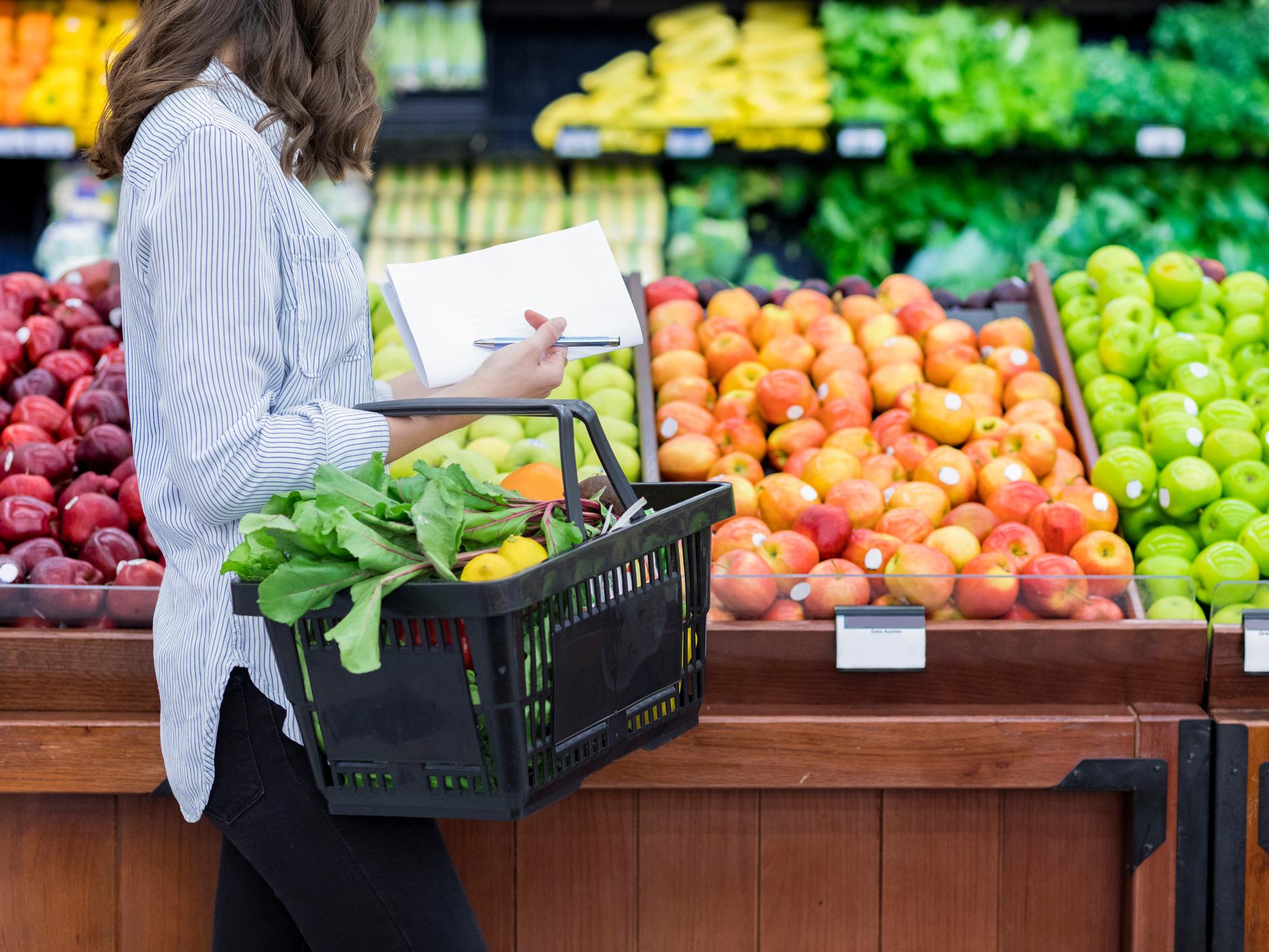There is not enough fruit and vegetables in the world for everyone to have healthy diet, new study reveals
Scientists say switch to healthier crops and plant-based proteins required to provide humanity with balanced diets in future

The world is not growing enough fruit and vegetables for everyone to eat healthily, according to a new study.
A global appetite for fat and sugar, alongside a surge in grain production to feed developing countries, has led to a system that cannot provide balanced diets for all.
In order to feed the world’s rapidly expanding population with healthy diets, the scientists said more fruit and vegetables must be produced alongside a shift to plant-based proteins.
They found that such a shift would also reduce land use and cut greenhouse gas emissions, meaning it would be good for the planet as well as the global population.
“We simply can’t all adopt a healthy diet under the current global agriculture system,” said Professor Evan Fraser of the University of Guelph, one of the study’s co-authors.
The scientists based their research on Harvard University’s “healthy eating plate” guide, which recommends half of our diets consist of fruit and vegetables, a quarter whole grains and the remaining quarter protein, fat and dairy.
10 photographs to show to anyone who doesn't believe in climate change
Show all 10They then worked out how much land is currently used for farming, as well as how it is currently divided, and how much would be needed if everyone stuck to the Harvard system.
The results revealed a rift between the ideal and the reality, with 12 servings of grain being produced per person, instead of eight, and just five servings of fruit and vegetables instead of the recommended 15.
Levels of fat and sugar production were also far higher than is necessary for a healthy population.
In order to achieve self-sufficiency, developing countries have pumped masses of investment into grain and corn production in recent decades, and the researchers said some of this capacity must be swapped for other crops.
There was also a smaller shortfall in the amount of protein being produced, with three servings per person instead of five.
To bring protein consumption up to the required amount, the scientists recommended that a greater emphasis must be placed on plant-based proteins instead of animals.
“Major players in the protein industry are investing in alternative protein options such as plant-based proteins, and consumers are taking advantage of the recent increase in alternative protein options hitting the market,” said Professor Fraser.
Meat production uses huge amounts of land and resources, and is a major contributor to greenhouse gas emissions.
Unless the appropriate changes are made, feeding the 9.8 billion people expected to make up the global population by 2050 will require 12 million more hectares of arable land and at least one billion more hectares of pasture land.
Shifting production to match the health needs of the population would conversely slash the required arable land area by 50 million hectares, as these crops need less space than grains.
The findings, published in the journal PLOS ONE, chime with other studies that have emerged in recent months outlining the massive reductions in meat consumption needed to support humanity.
Subscribe to Independent Premium to bookmark this article
Want to bookmark your favourite articles and stories to read or reference later? Start your Independent Premium subscription today.

Join our commenting forum
Join thought-provoking conversations, follow other Independent readers and see their replies